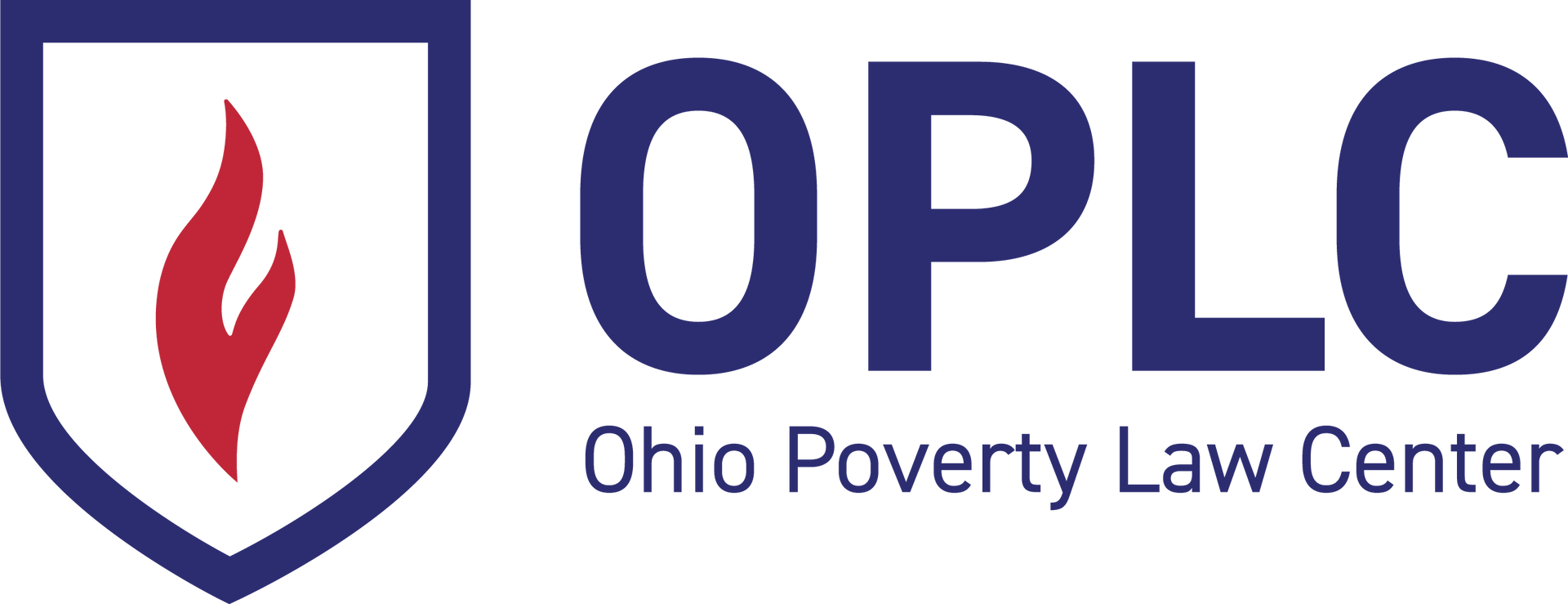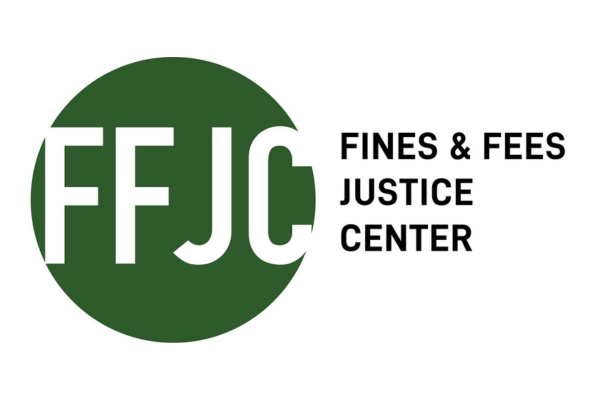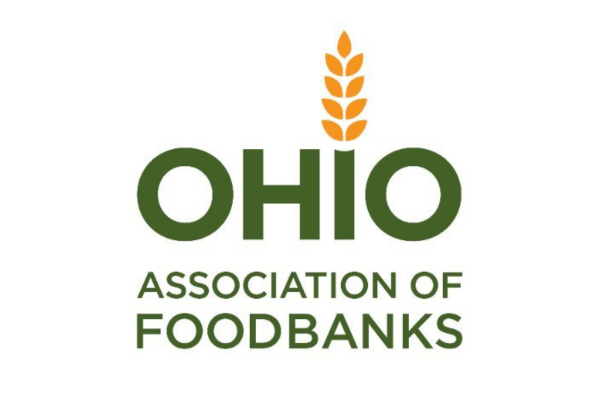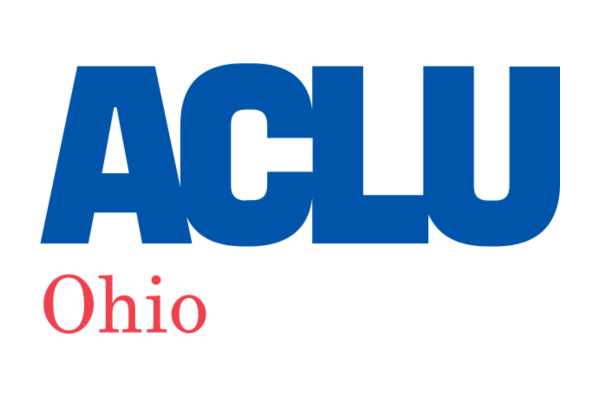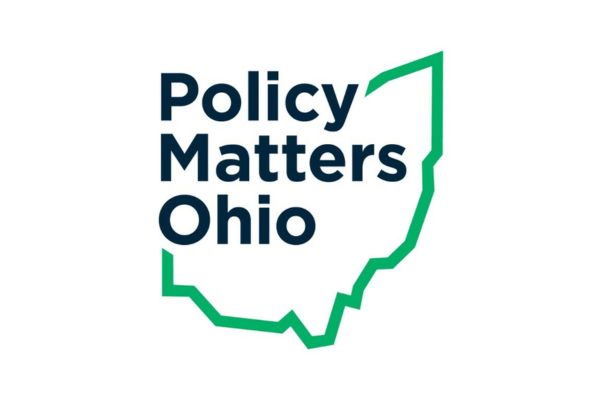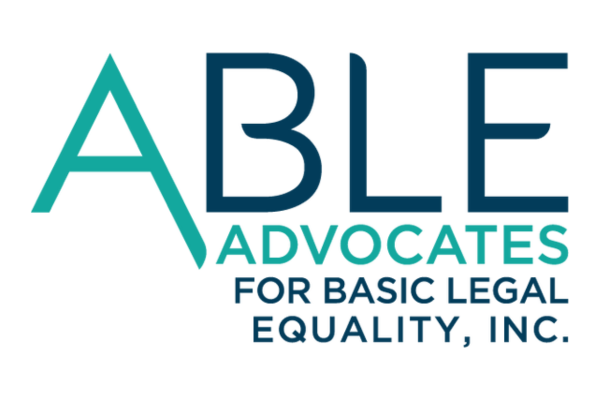RETURN TO THE ROAD CAMPAIGN
Sign On to Support the Return to the Road Campaign to End Debt-Related Driver’s License Suspensions in Ohio
A person’s ability to pay a fine or a fee should not determine whether they are free to drive.
But in Ohio, approximately 60% of all driver’s license suspensions are based on a person’s failure to pay money owed to a court, the Ohio Bureau of Motor Vehicles (BMV), a private third party, or failure to appear in court (Road to Nowhere: Debt-Related Driver’s License Suspensions in Ohio (2022) Legal Aid Society of Cleveland).
A valid driver’s license is essential to participating in Ohio’s economy, where, according to the 2021 U.S. Census, 74% of people drive alone to work and 8% carpool, with an average commute of 23 minutes. But debt-related suspensions trap low-income Ohioans in a difficult cycle where they cannot legally drive to work to earn the money required to pay off the debt that is keeping their license suspended.
The Road to Nowhere Report also found:
- Ohio drivers face more than 3 million debt-related suspensions annually.
- Debt-related suspensions substantially burden Ohio communities with an average outstanding total debt each year of over $920 million.
- Debt-related suspensions happen across Ohio but at a higher rate in urban areas.
- Debt-related suspensions cost residents of Ohio’s highest-poverty zip codes an average of $7.9 million each year.
- Debt-related suspensions cost residents of Ohio’s zip codes with the highest percentages of people of color an average of $12 million each year.
Ohio should eliminate debt-related driver’s license suspensions. More than 20 states have passed reforms to eliminate or significantly reduce debt-related driver’s license suspensions based on fines and fees. Unfortunately, Ohio is not yet one of these states. The Ohio Poverty Law Center is partnering with the Fines and Fees Justice Center and the Free to Drive Campaign, and national, state, and local stakeholders, to ask the Ohio Legislature to:
- Eliminate the government’s authority to revoke, suspend, or refuse to renew a person's driver's license for failure to pay court fines and fees and for failure to appear in court, and limit driver’s license suspensions to convictions related to dangerous driving.
- Remove the financial barriers to getting back on the road created by high reinstatement fees. These administrative fees collected by the BMV to reinstate a driver’s license after a suspension can exceed $600 for driving without insurance, and for some people with multiple suspensions, add up to well over $1,000.
- Require the BMV to collect data to determine the impact of changes on people affected by license suspensions and inform future policy.
Here’s how you can help:
- Call or email your state legislators and ask them to support legislation eliminating debt-related driver’s license suspensions.
- Click here to look up your state legislators and find their contact info.
- Then click here find fact sheets by legislative district that show how debt-related driver's license suspensions are impacting your community.
- Check out our "Making the Case to End Debt-Related Driver's License Suspensions" fact sheet to help you advocate to your state legislators.
- Sign on to show your organization’s support of the Return to the Road Campaign to eliminate debt related driver’s license suspensions in Ohio.
- Not a part of an organization but still want to support the Return to the Road Campaign? Sign on as an individual!
Organization Sign On
Thanks for signing onto the Return to the Road Campaign!
